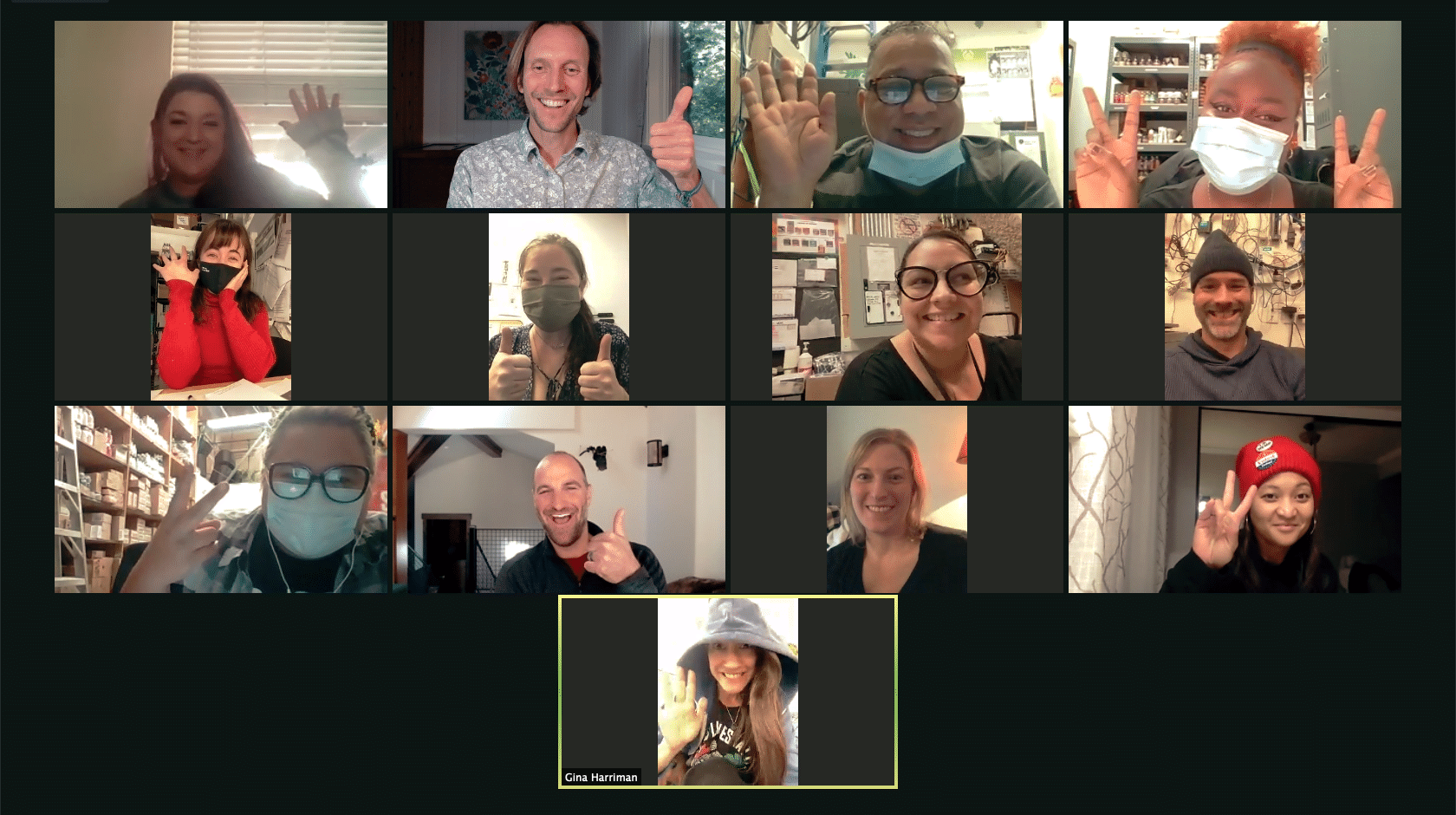The Costs and Benefits of CSR: Purpose Drives Profit

This is the second blog post in an ongoing series focusing on the meaning, implementation, function and future of corporate social responsibility.
In our first blog, we looked over the past, present and future of CSR. The concept has grown to be a commanding presence in modern business, guiding the future of business around the world. However, once a company understands the concepts behind corporate social responsibility and where its values lie, the question must be asked: what are the real advantages of CSR?
Yes, the prospect of making a social and environmental impact with the power of business is exciting and motivating, but one must be realistic. Can CSR help a company’s bottom line, or will it simply drain funds which could be directed to other places? Luckily, corporate social responsibility has proven to be extremely efficient as a key performance indicator, and can help build a long-term plan for success.
Before fully noting the monetary advantages of proper CSR usage, there is a caveat which must be addressed. While there are numerous long-term benefits to CSR implementation, there are short term costs which come with it.
Opportunity Costs
Investing money into CSR means less money to spend on other opportunities. When picking between an opportunity and CSR, money may be lost in the short term if directed toward CSR operations.
Sunk Costs
Money spent up-front to begin CSR programs that will not be recouped in the short-term. This includes technology and infrastructure needed to implement a corporate social responsibility strategy. Rest assured, these investments often pay out in the long-term.
Recurrent Costs
Long-term costs which are brought on from CSR adaptation. The cost of training sessions, CSR professionals, or memberships to CSR-based organizations are constants which will have to be paid going forward.
CSR is not an instant solution, and should not be seen as such. There are pros and cons to corporate social responsibility, and takes hard work and a commitment to sustainable change in a company’s structure, vision and ethos. CSR programs begin with sizable investments, but as soon as a company expands its horizons, CSR becomes paramount to achieving a successful triple bottom line.
The Financial Gains of CSR

While corporate social responsibility is often cast as nothing more than a benefit to public image, there is definitive evidence to show it has tangible, long-lasting, financial benefits. In 2018, consulting firm IO Sustainability found proper CSR implementation could have incredible results. Sales were enhanced by as much as 20%, productivity increased 13%, and employee turnover was cut in half. While these results are a best case scenario, they display the power CSR can bring to a socially responsible business. Other studies have echoed these sentiments, consistently displaying company growth in all parts of a business.
Strategic use of CSR brings growth that is steady and beneficial to the entire company. CSR adds value to every corner of a company, from increasing the quality of products and employee productivity, all the way up to enhancing a company’s market value and long-term financial strength. By using CSR as a main motivator in the decision making process, companies invest in the future and save money by adapting to new methods and technology early.
Companies cannot thrive without the customers that support them, making customers’ interests a top priority. With the internet, consumers can easily find a company’s CSR values and history, and often base their purchasing decisions off of what they uncover. Public relations agency Zeno Group performed a survey of 8,000 consumers around the world and found that consumers respond extremely positively to companies which are purpose driven. The study found consumers “4 times more likely to purchase from a company” that possesses a strong purpose, and “4.5 times more likely to champion the company and recommend it to friends and family.”
This data reflects the desire for socially responsible business from a consumer perspective, but the more important information is found when studying how customers react to a company holding opposite views to their own. A Cone Communications study found “76% [of consumers] will refuse to purchase a company’s products or services upon learning it support[s] an issue contrary to their beliefs,” which clearly displays the devotion most consumers have to the issues they believe in. Not changing to reflect current issues, or actively fighting against them, is antithetical to long-term sustainability.
In many ways, CSR helps bring companies into the future, encouraging investment in new technologies and practices. CSR creates shared value and raises standards on products and employee productivity. CSR must also be viewed as a necessity in long-term business planning. To ignore CSR does not only negate its potential economic advantages, but also slowly turns customers away and weakens brand image. People’s views of businesses – and their place in impacting social and environmental issues – will not change anytime soon, so companies must adapt to remain essential and relevant.
Change From the Inside, Outward
Optimizing the benefits of corporate social responsibility is a two pronged approach, shifting a company from the inside out. Internally, a company must inform, retrain, and unify its workforce under its new goals, getting everyone to understand their place in CSR implementation. Externally, a company must reform its public image to reflect its new dedication to CSR, and clearly detail its goals and values.
At Impactree, we understand that this transition will be different for every company, which is why we built our platform to assist companies with their unique CSR ambitions. Our customizable white label action hubs act as a public display of values, showing employees and customers what a company stands for and how they plan to make a difference. These simple, fun actions take mere minutes to complete and incentivize sharing, bringing attention and engagement back to your company’s branded action hub. Best of all, we provide real-time analytics, enabling you to see the impact your business is making, and learn more about which issues your customers care about most.
Our clients have found numerous creative ways to engage their employees and customers, offering rewards and incentives for completing actions. More importantly, our action hubs create a sense of collective action for shared progress. Customers and employees are not just individuals completing actions; they are part of a larger network, collectively fighting for good and positivity in the world.

A screenshot from The Body Shop‘s 2020 Civic Action Party, where employees worked together to complete as many Impactree actions as they could in 30 minutes.
The Importance of CSR
Although the prospect of fully adopting a CSR program may be intimidating to many businesses, the benefits it brings far outweigh the short-term setbacks. The established norms are already shifting, and the future shows consumers asking more of the companies they patronize. In essence, customers are using their money as a means of supporting larger issues they believe in. To adapt to this change in perspective and to build customer loyalty, companies must take corporate social responsibility seriously and define the values they can offer the world.
The benefits of CSR do not stop with improved public image. A well implemented CSR program can also boost sales, improve employee satisfaction and reduce unnecessary spending. If a company is able to set its sights on the long-term, CSR becomes a very worthwhile investment.
Next time, we will be looking at companies who are leading the industry in effective CSR use. Not only do they show how to use CSR effectively, but why it is important for the future of business.

